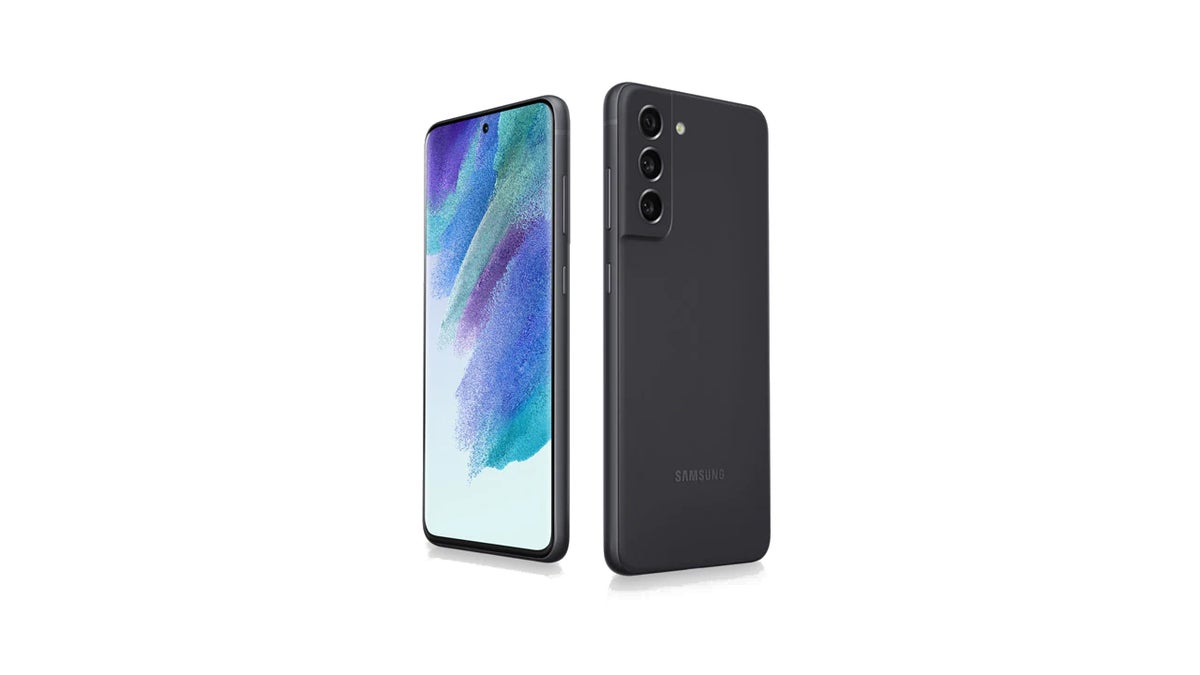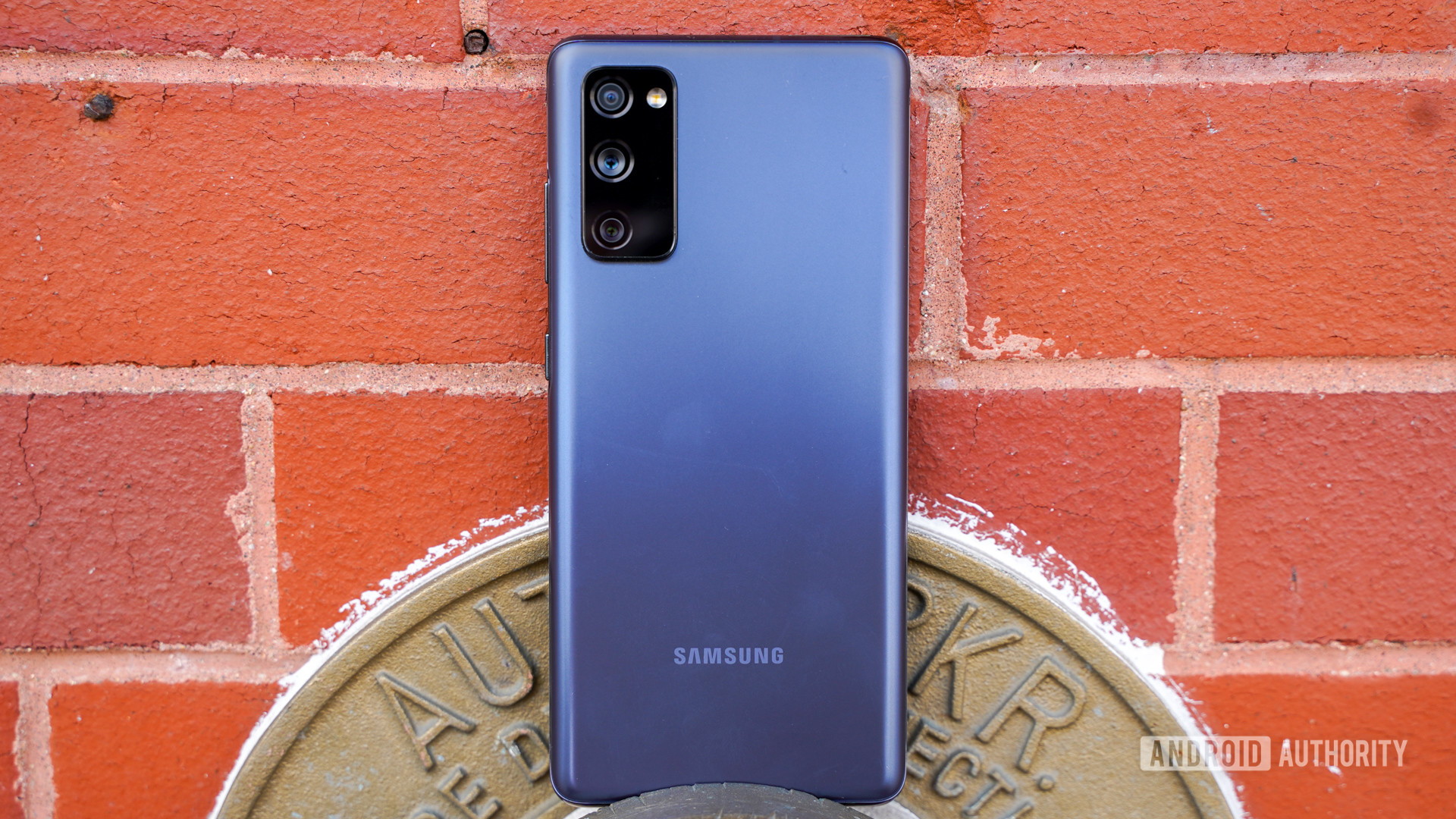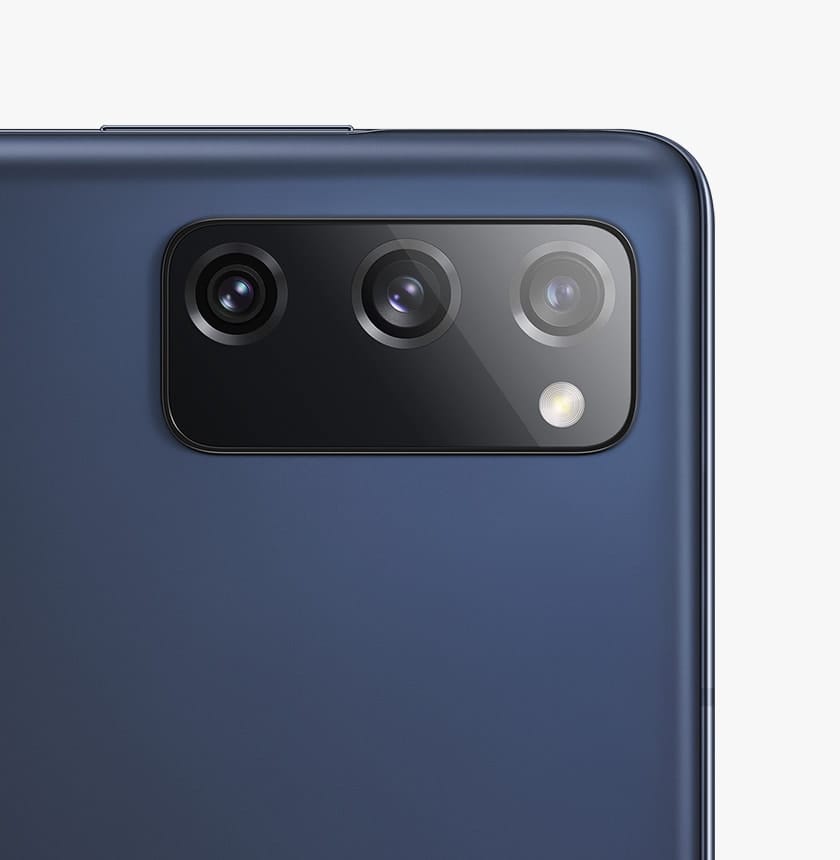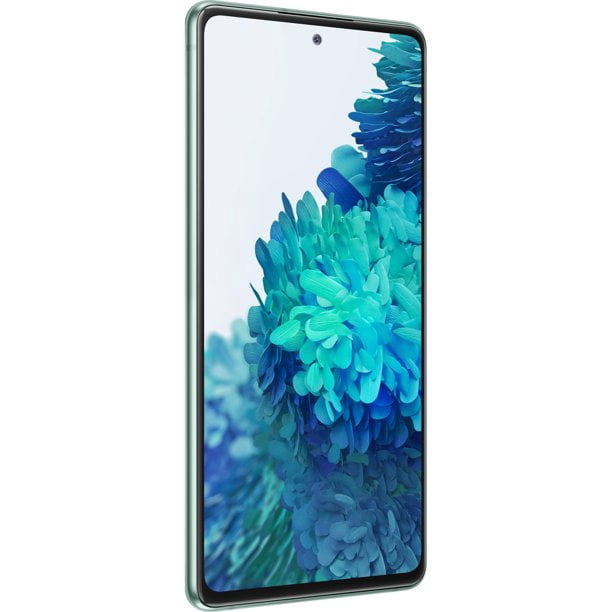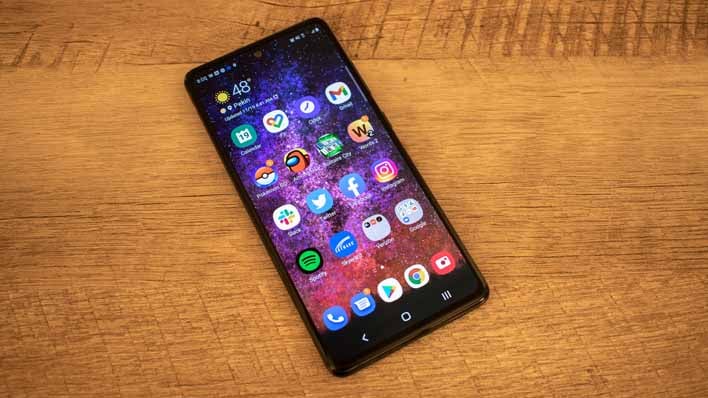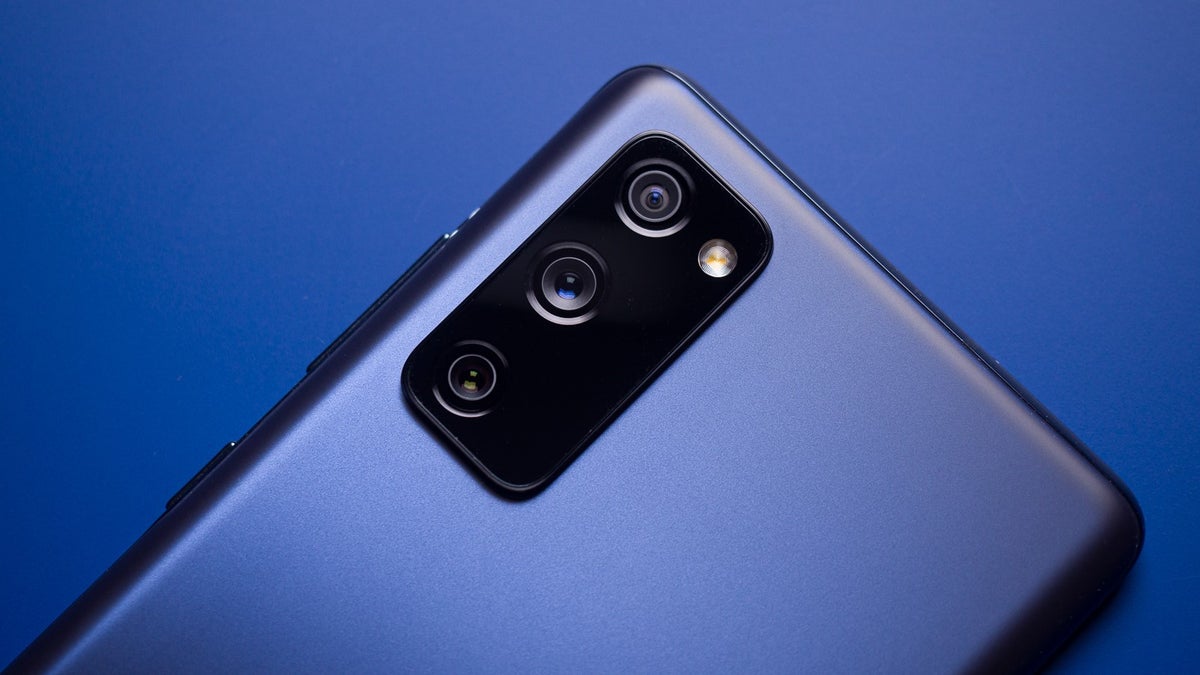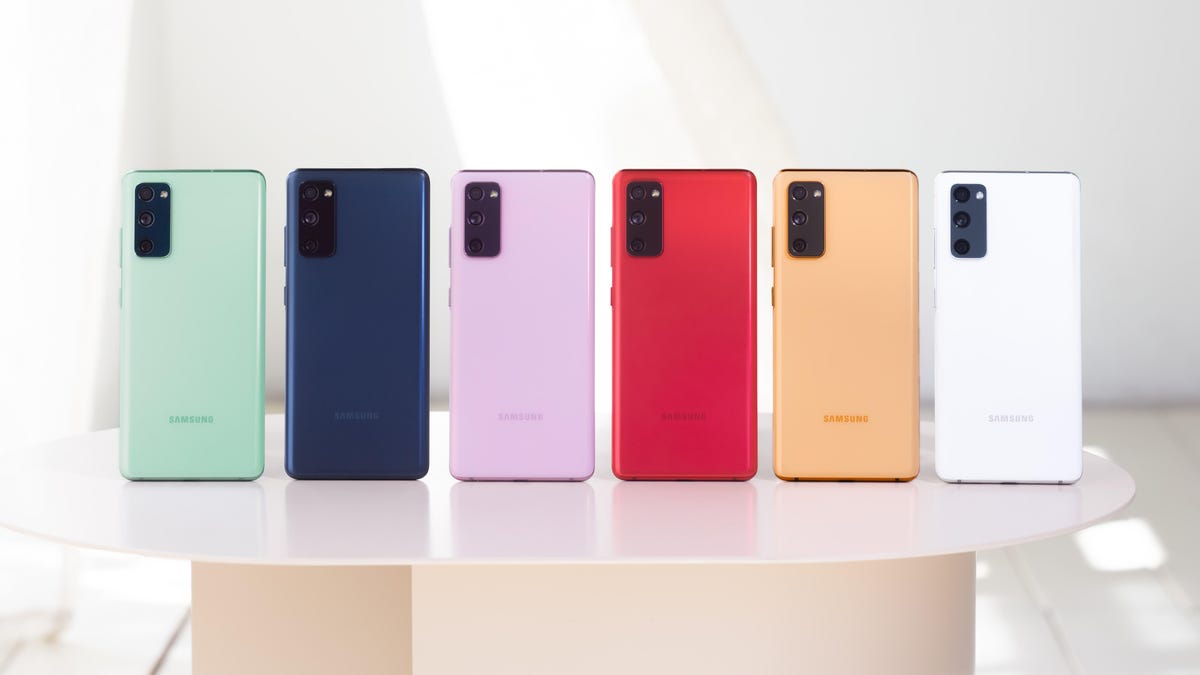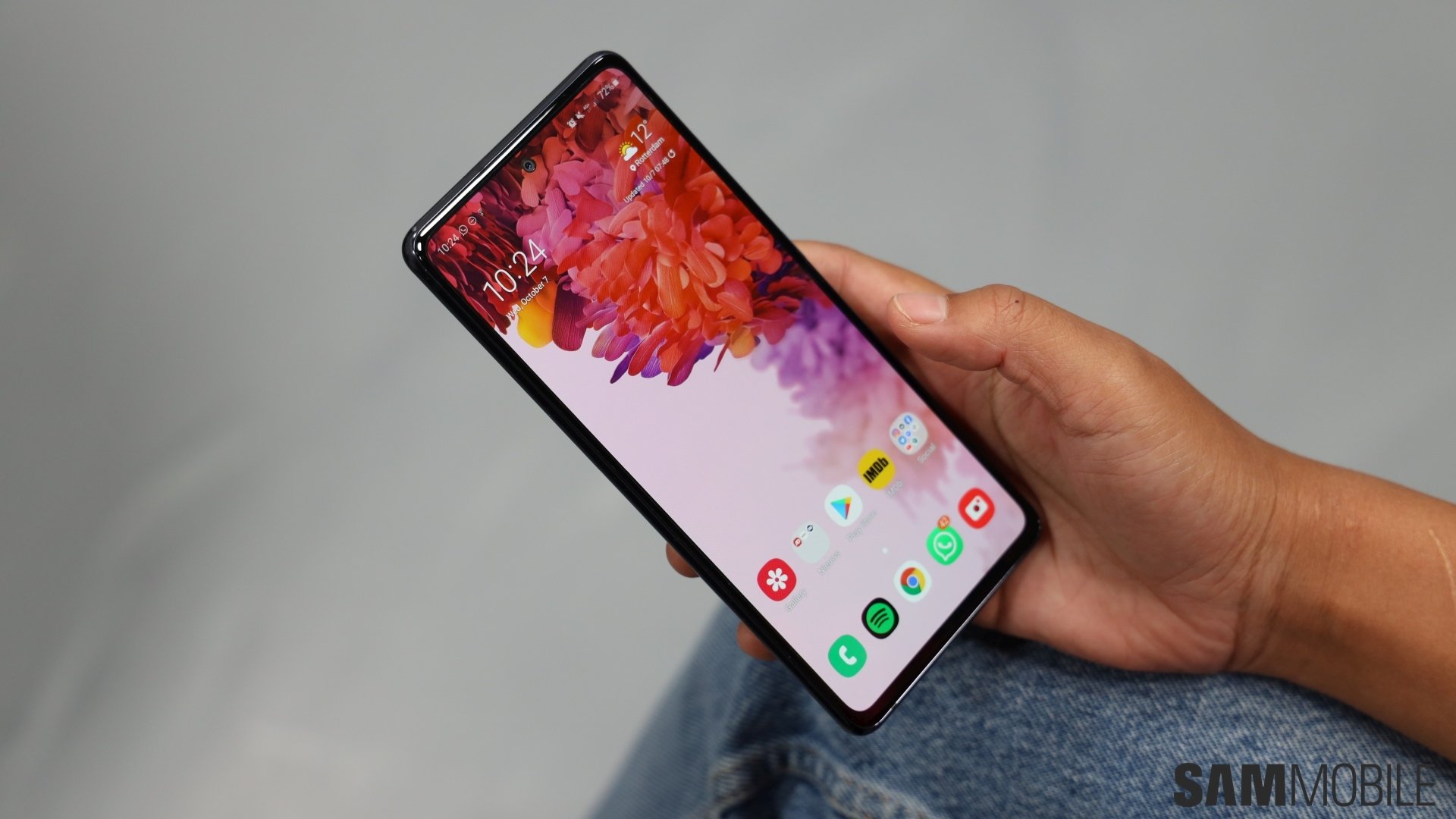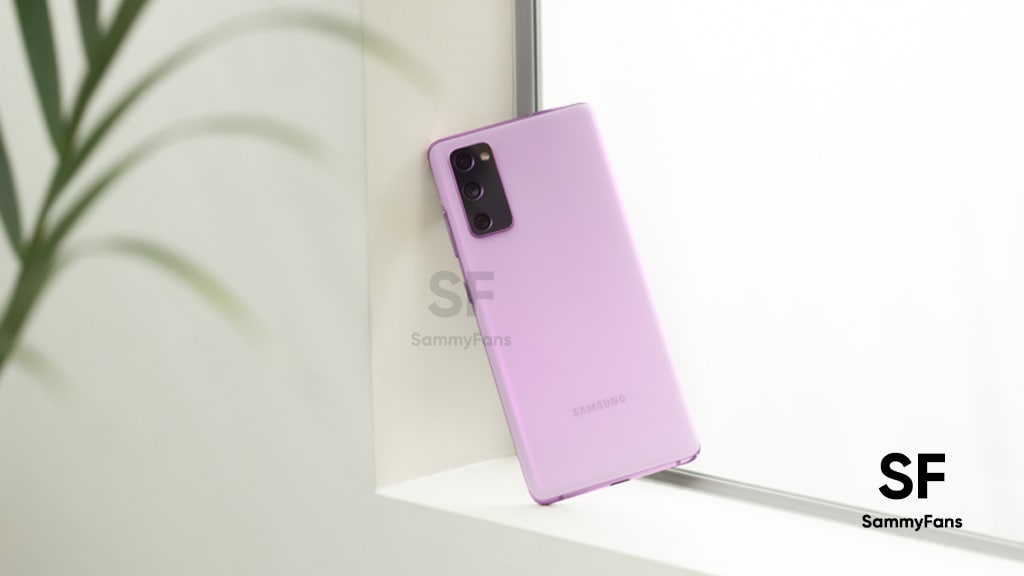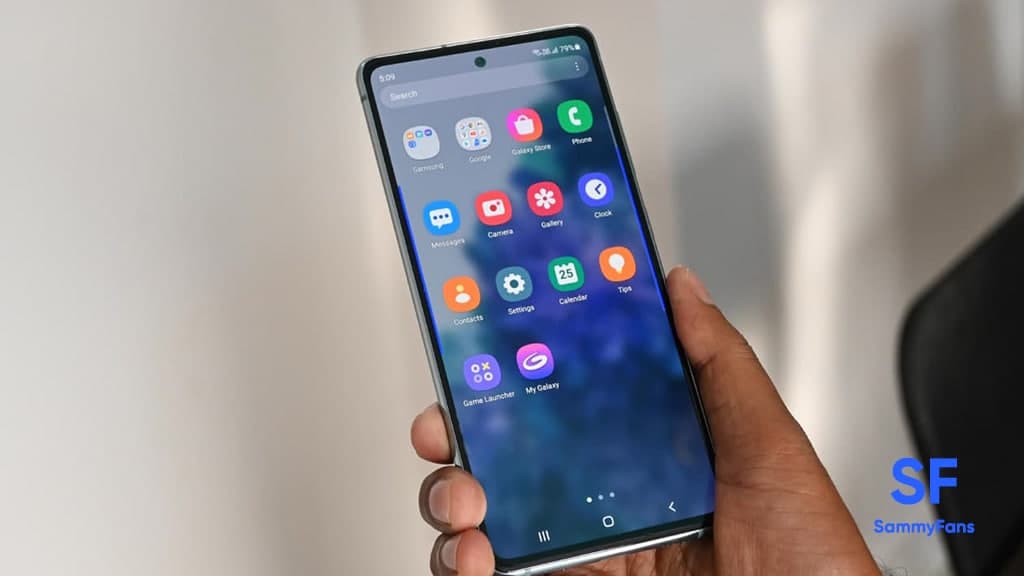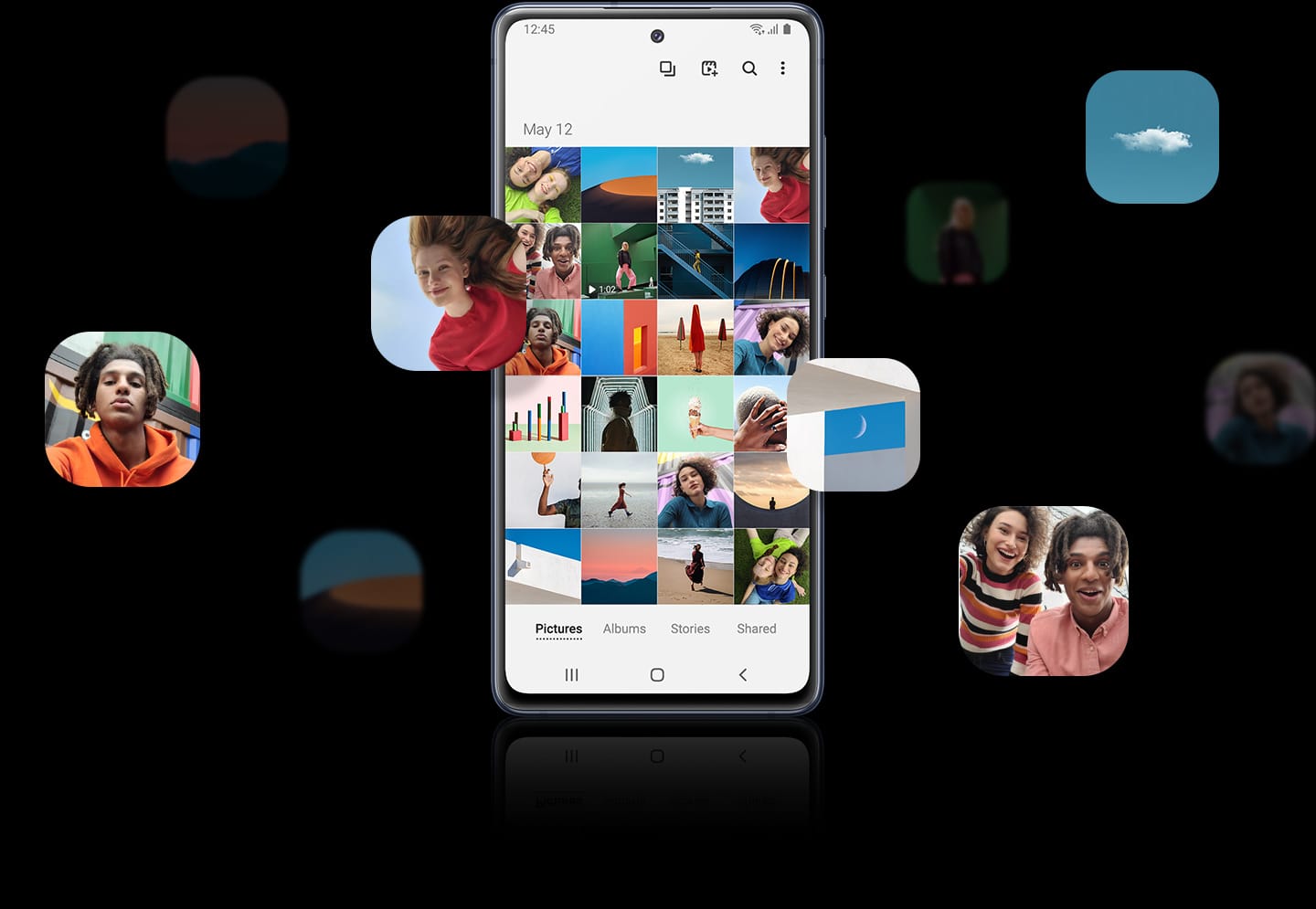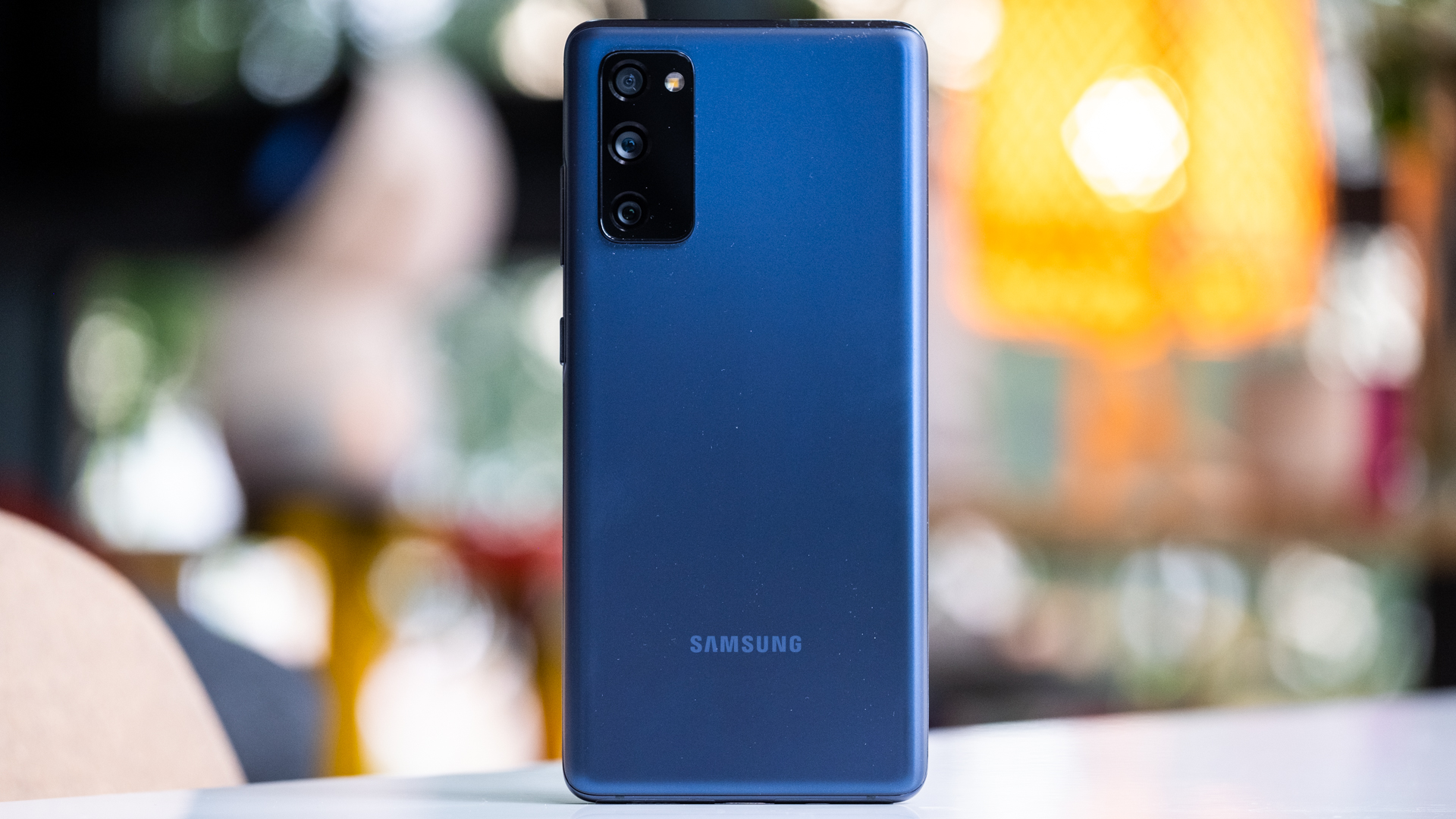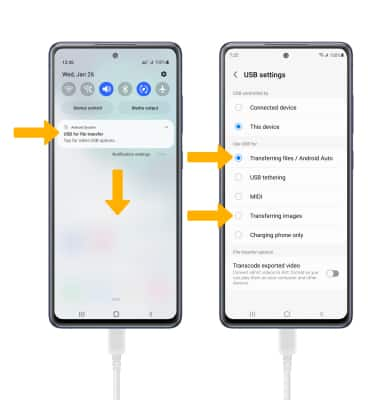![S21 FE Too] Samsung finally starts rolling out Android 13 with One UI 5 for the Galaxy S20 FE - RPRNA S21 FE Too] Samsung finally starts rolling out Android 13 with One UI 5 for the Galaxy S20 FE - RPRNA](https://www.rprna.com/wp-content/uploads/2022/11/one-ui-5.0-.jpg)
S21 FE Too] Samsung finally starts rolling out Android 13 with One UI 5 for the Galaxy S20 FE - RPRNA
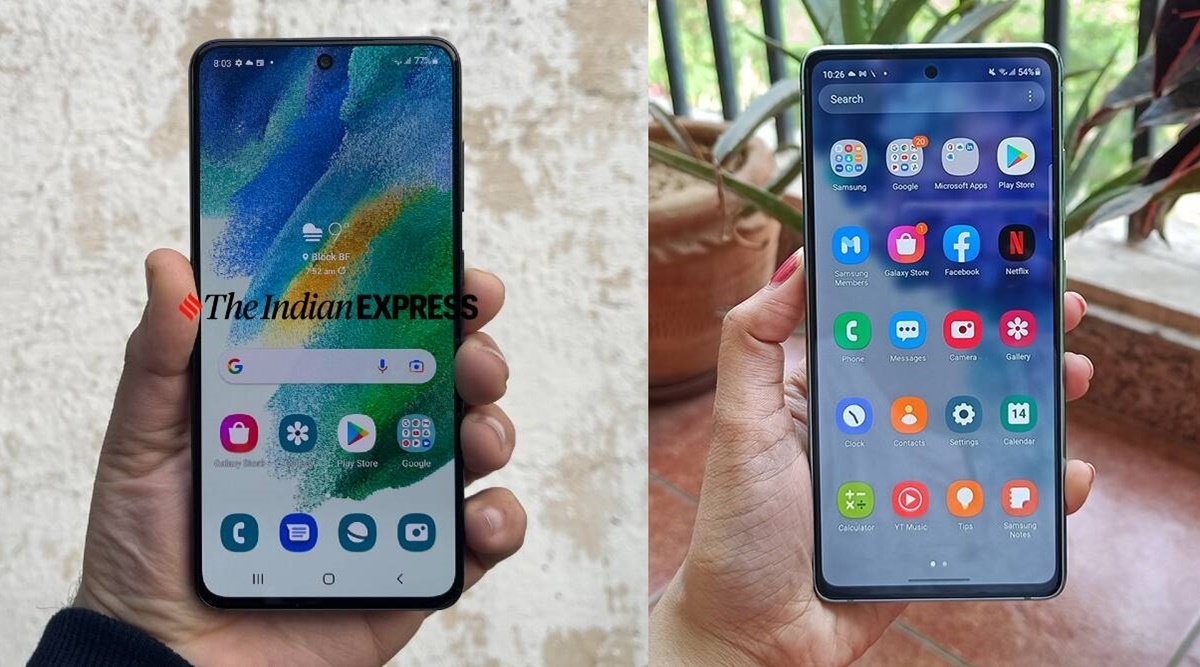
Samsung rolls out Android 13 update for the Galaxy S20 FE and S21 FE | Technology News,The Indian Express
![UPDATE: Sprint, T-Mobile, Verizon, and Unlocked too] Samsung starts Android 11 One UI 3.0 public rollout for Galaxy S20 FE - Sammy Fans UPDATE: Sprint, T-Mobile, Verizon, and Unlocked too] Samsung starts Android 11 One UI 3.0 public rollout for Galaxy S20 FE - Sammy Fans](https://www.sammyfans.com/wp-content/uploads/2020/11/sammy-fans-galaxy-s20-fe-img-2.jpg)
UPDATE: Sprint, T-Mobile, Verizon, and Unlocked too] Samsung starts Android 11 One UI 3.0 public rollout for Galaxy S20 FE - Sammy Fans
![Samsung Galaxy S20 Fe G780F 128GB Dual Sim GSM Unlocked Android [SM-G780FDGRN] - $330.59 : Unlocked Cell Phones, GSM, CDMA and More | ElectronicsForce.com Samsung Galaxy S20 Fe G780F 128GB Dual Sim GSM Unlocked Android [SM-G780FDGRN] - $330.59 : Unlocked Cell Phones, GSM, CDMA and More | ElectronicsForce.com](https://www.electronicsforce.com/images/s20femint.jpg)
Samsung Galaxy S20 Fe G780F 128GB Dual Sim GSM Unlocked Android [SM-G780FDGRN] - $330.59 : Unlocked Cell Phones, GSM, CDMA and More | ElectronicsForce.com


